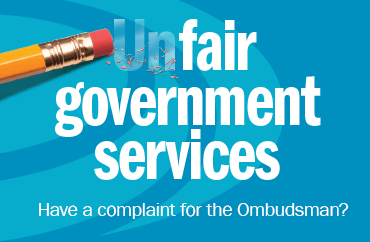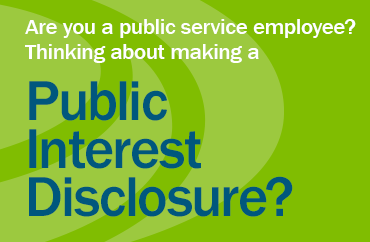Calculating Benefits: It Wasn’t Income if They Didn’t Get it
**This featured case is one example of the concerns people have brought to us. Names have been changed to protect the identity of the people involved.
Ophelia and Orla, both single parents, each received benefits under two income supplement programs: the Saskatchewan Rental Housing Supplement program (SRHS), which assists low to moderate income families and individuals with disabilities to access quality and affordable housing, and the Saskatchewan Employment Supplement program (SES), which provides additional monthly assistance to low income families with children under the age of 13.
Ophelia and Orla also each received Saskatchewan Assistance Program (SAP) benefits. They each had an ex-partner who was not consistently paying child support. Because of this, SAP rules required them to enter into Assignments of Rights allowing the government to collect and keep their child support payments. This meant any child support collected would be paid into the General Revenue Fund and not to them. In exchange, Ophelia and Orla received consistent monthly SAP benefits and when determining their eligibility for these benefits, Social Services would not consider the child support payments as income.
Under this arrangement, for one month the government collected lump sums of child support arrears from Ophelia and Orla’s ex-partners and paid it into the General Revenue Fund. It then deemed each of them ineligible for their usual SRHS and SES benefits for that month because the arrears collected were considered income when determining their eligibility for SRHS and SES, even though they did not actually receive any of it. Ophelia and Orla thought this was unfair and contacted the Ombudsman.
We considered whether it was reasonable for Social Services to consider the child support arrears it collected but never paid to Ophelia and Orla as income for determining their SRHS and SES entitlements. We learned Social Services was required to do this under the SRHS Regulations and the SES Regulations. Social Services told us it did not have any discretion to do otherwise.
Since Ophelia and Orla did not actually have access to the lump sum arrears, applying the Regulations as required was at odds with the purpose of the assignment of rights system – to ensure deserving low-income parents receive consistent benefits every month even though their child support is not paid consistently. Instead of getting steady SRHS and SES benefits in exchange for allowing the government to collect and keep their child support, the complainants got no benefits.
We acknowledged that Social Services’ decisions in these cases were not discretionary, but were required by the Regulations. We found that applying these rules as worded resulted in unintended unfairness to families like Ophelia’s and Orla’s.
The Ombudsman rarely recommends that the government consider changing properly enacted laws or regulations. Under The Ombudsman Act, 2012, if the Ombudsman is of the opinion that a decision was made in accordance with a law that is unreasonable, the Ombudsman can recommend that the law be reconsidered. In this case, Social Services acted in accordance with provisions of the SRHS and SES regulations that are unjust and unreasonable.
Therefore, we recommended that:
- The Ministry of Social Services recommend that the Minister take steps to have the relevant provisions of The Rental Housing Supplement Regulations and The Employment Supplement Regulations reconsidered so that eligibility for the Rental Housing Supplement and the Employment Supplement programs is not negatively affected as a result of money collected by the Maintenance Enforcement Office under an assignment of rights and directly remitted to the General Revenue Fund.
Status: Accepted
Social Services advised us it would examine how child support and spousal maintenance is treated under its current suite of income assistance programs as part of its Income Assistance Redesign initiative.
[1] On April 10, 2018, Social Services announced that it was suspending the intake of new SRHS applications as of July 1, 2018, but current SRHS clients would continue to receive benefits as long as they remained eligible.




